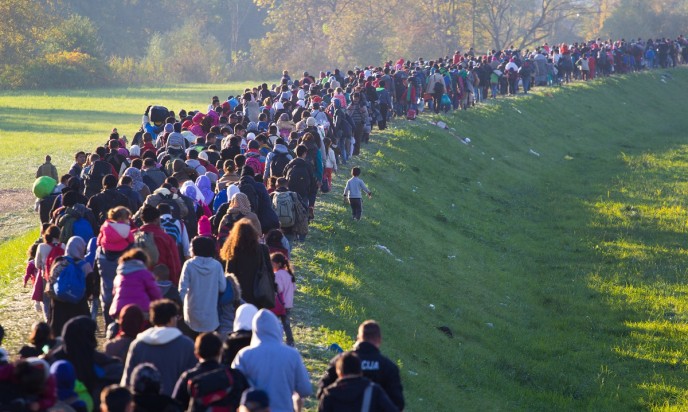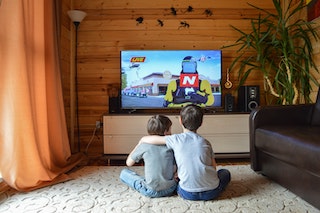


Abstract: The emerging integration of social media platforms in our everyday activities has produced a massive volume of footprints of human activity on digital platforms. This has opened up opportunities for digitizing the investigation into migration studies. So far, there has been a wide focus on utilizing administrative data periodically collected and representing the net stock or migration flows across political boundaries. Such data can provide information about certain diasporas by giving us the count of migrants across various geographies. However, since it is costly to collect, it is collected periodically and fails to capture the complete count of migrants. Digital trace data, on the other hand, can give deeper insight into migration activities and hold the strength of capturing somewhat real-time data. This research seeks to bring together two types of migration data: census data and digital trace data, to examine migration social networks.

Abstract: Advances in technology have propelled the growth of methods and methodologies that can create the desired multimedia content. ``Automatic image synthesis’’ is one such instance that has earned immense importance among researchers. In contrast, audio-video scene synthesis, especially from document images, remains challenging and less investigated. To bridge this gap, we propose a novel framework, Comic-to-Video Network (C2VNet), which evolves panel-by-panel in a comic strip and eventually creates a full-length video (with audio) of a digitized or born-digital storybook. This step-by-step video synthesis process enables the creation of a high-resolution video. The proposed work’s primary contributions are; (1) a novel end-to-end comic strip to audio-video scene synthesis framework, (2) an improved panel and text balloon segmentation technique, and (3) a dataset of a digitized comic storybook in the English language with complete annotation and binary masks of the text balloon. Qualitative and quantitative experimental results demonstrate the effectiveness of the proposed C2VNet framework for automatic audio-visual scene synthesis.

Abstract: During gameplay, a player experiences emotional turmoil. In most of the cases, these emotions directly reflect the outcome of the game. Adapting game features based on players’ emotions necessitates a way to detect the current emotional state. Researchers in the area of “video game user research” has studied biometric data as a way to address the diverse characteristics of players, their individual preferences, gameplay expertise, and experiences. Identification of the player’s current state is fundamental for designing a game, which interacts with the player adaptively. In this work, we present an artificially intelligent game framework with smart features based on automatic facial expression recognition and adaptive game features based on the gamer’s emotion.

Abstract: Exploring the process of transformational learning within the context of a virtual fake news game exposes opportunities to understand metacognitive processing associated to cross-cultural perceptions. Through engagement in a specifically designed Android app, users and researchers will evaluate sensory perceptions related to cultural awareness and explore the process of transformative learning. The game will provide qualitative and quantitative data, focusing on how people are impacted through visual, text, and audio distortions to determine story credibility. By the end of the session, participants will be able to identify their transformative learning through the experiential learning cycle, through a concrete experience, reflection, conceptualization, and experimentation. Theoretically, the study will elicit how perceptions influence cultural comprehension. The outcome will bring into conversation three significant theoretical frameworks, transformative learning, communicative action, and discourse production to exemplify cultural transformative learning.